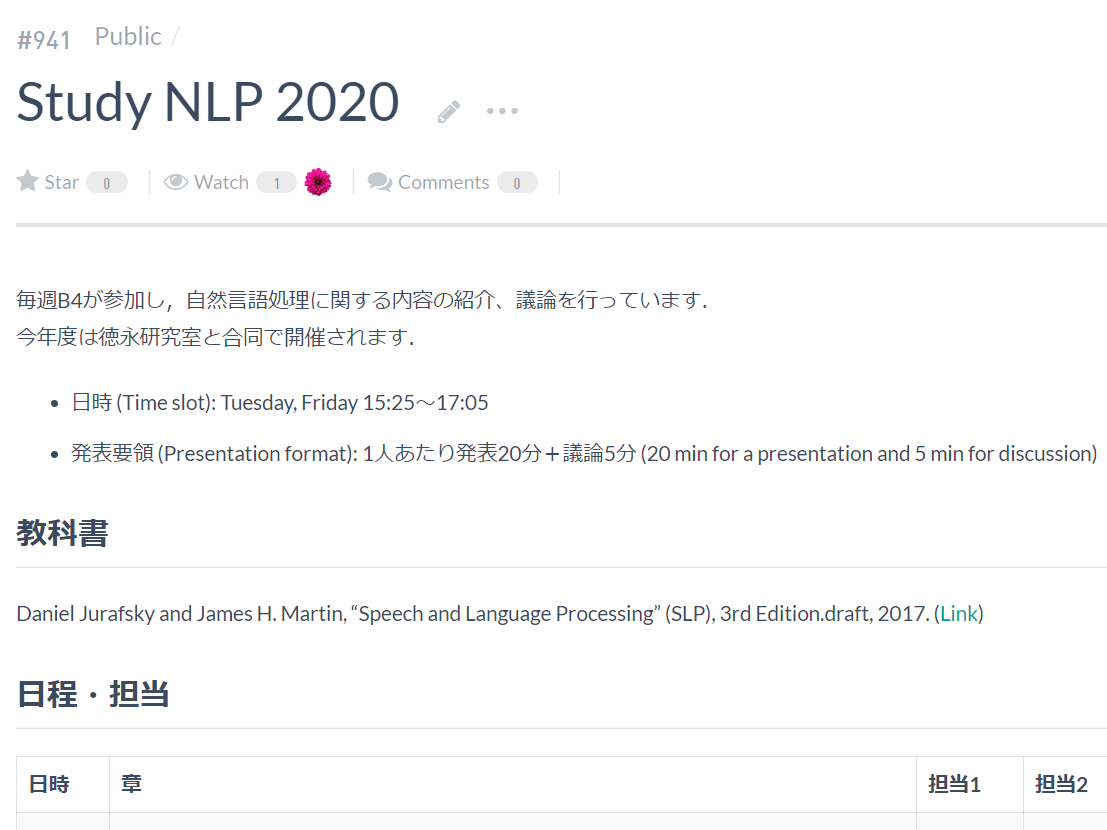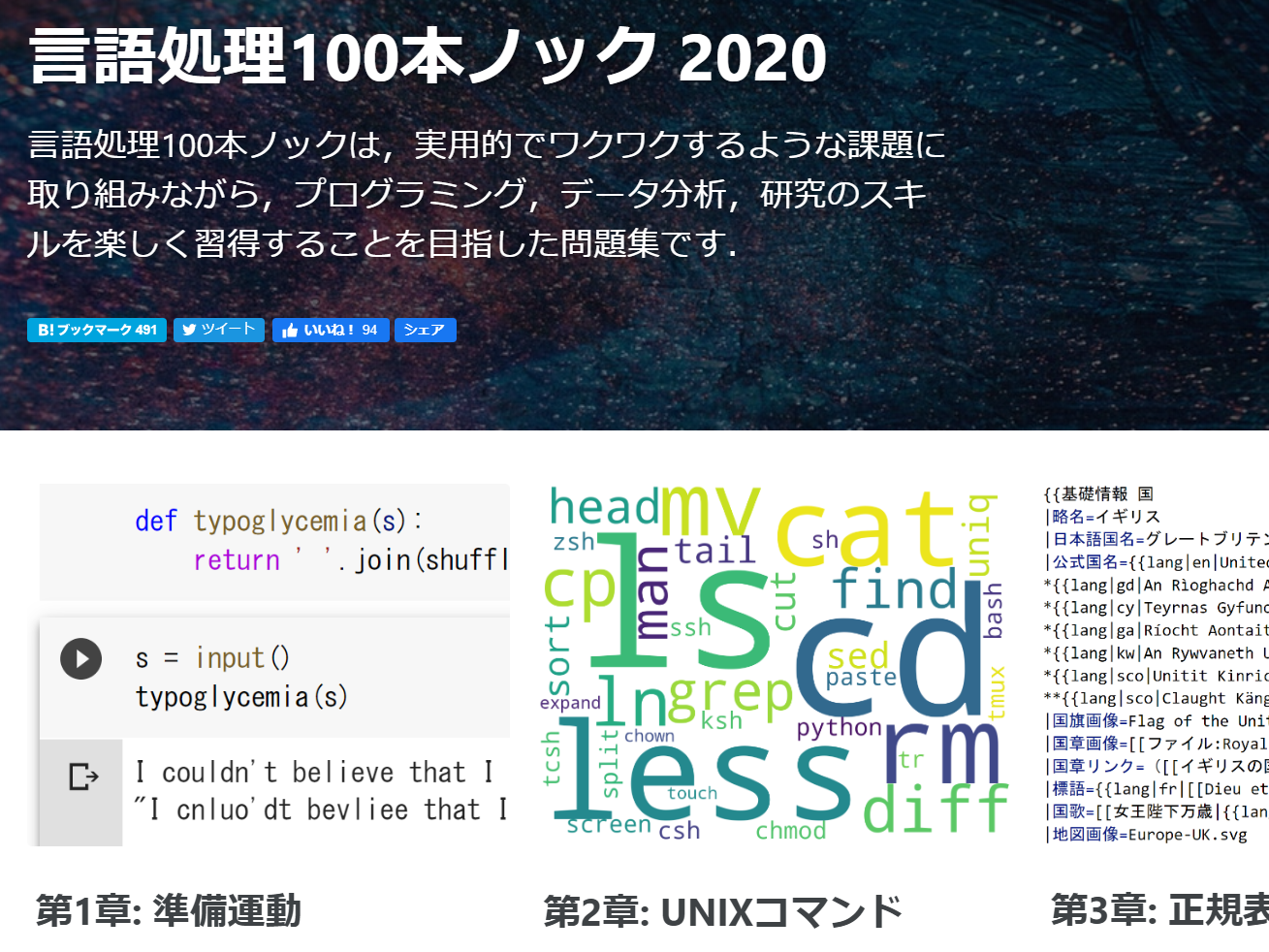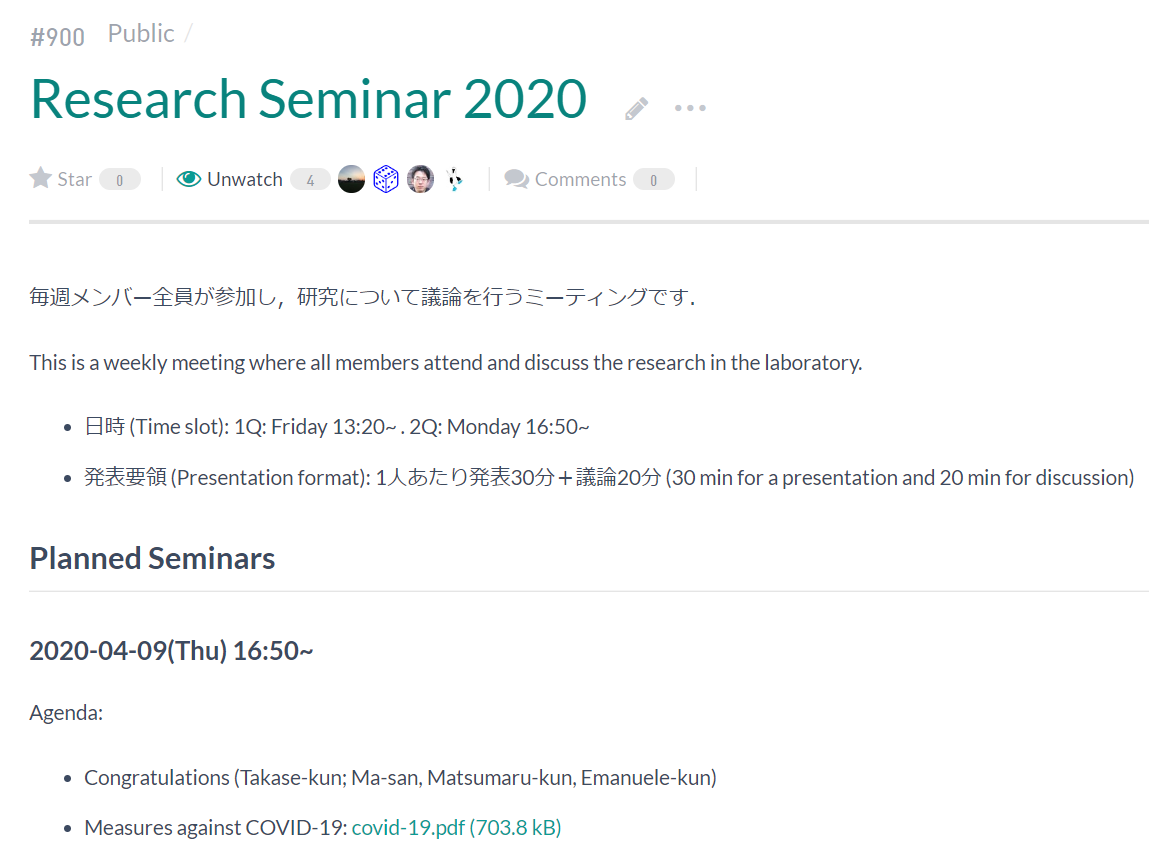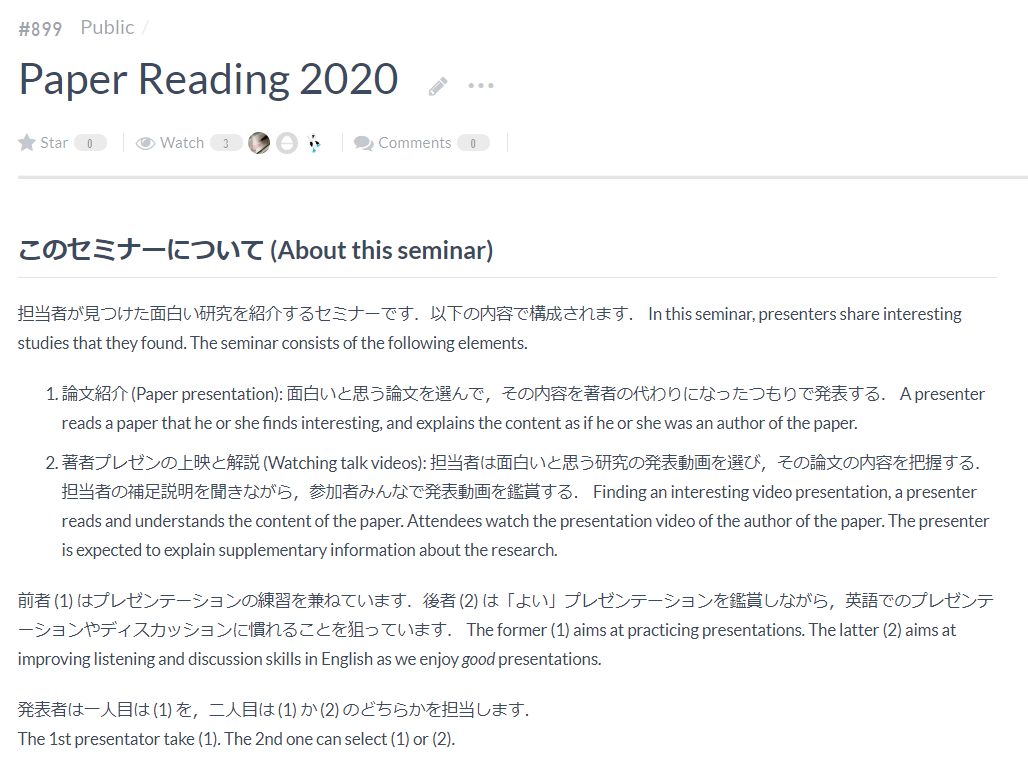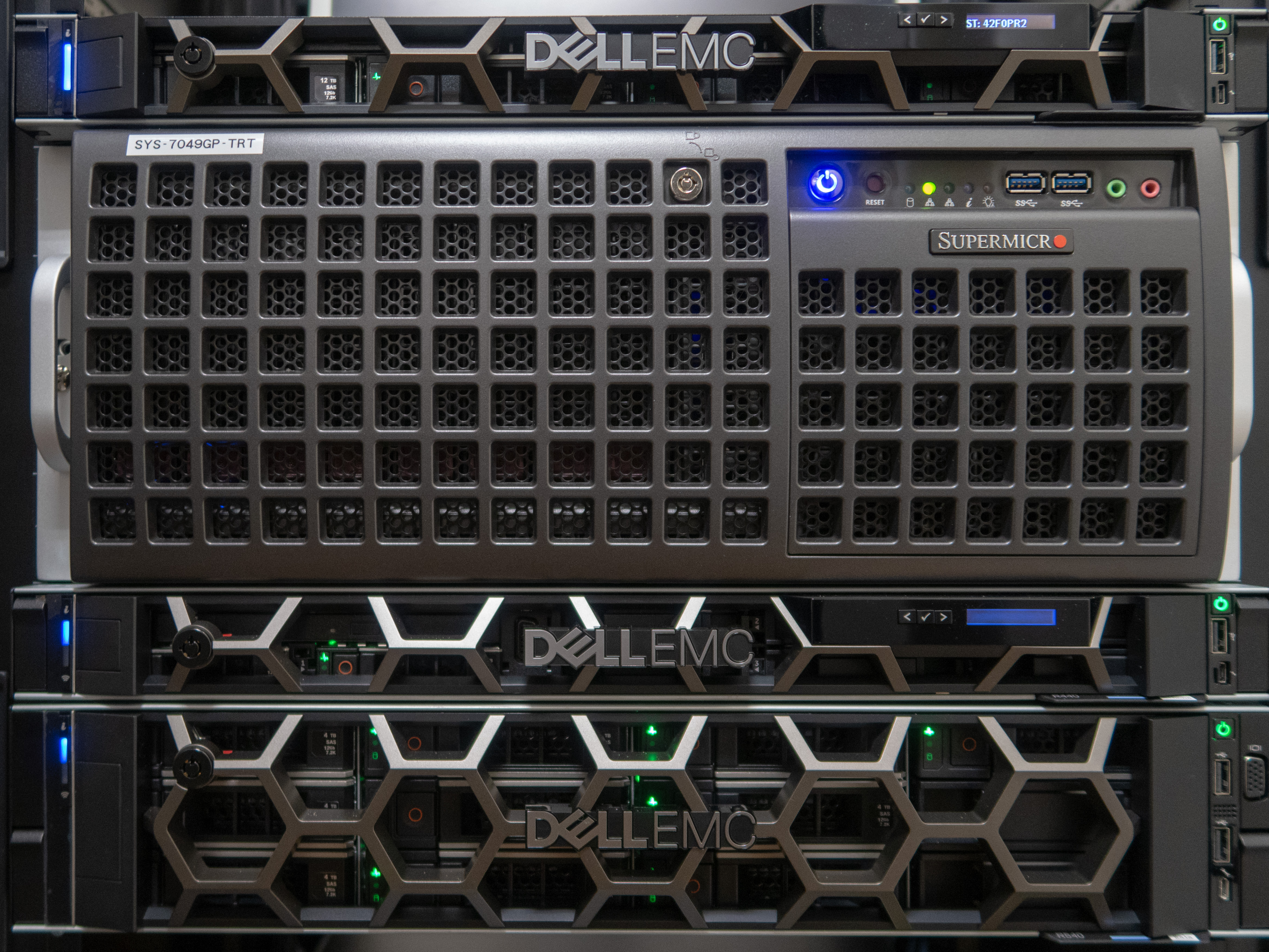Join us
We are looking for highly motivated, energetic, and independent graduate students and undergraduate students, with excellent technical and communication skills.
Our laboratory does not accept a research student or internship student. We may not reply to an email that inquires the possibility of a research student or internship student.
Programs
IGP-C and MEXT
We recommend these special programs for overseas students to enter the master/doctoral course:
- International Graduate Program (C): master and/or doctoral education program
- MEXT Embassy Recommendation Scholarship: master and/or doctoral course
These programs may be convenient for overseas students, requiring no Japanese skill for the entrance exam (all instructions are given in English). However, a prospective student must obtain a letter of consent from an academic supervisor before submitting an application to the Admissions Division. If you want to join our laboratory under these programs, please follow the instruction below and send your application documents via email.
Our school (School of Computing) does not accept IGP-A students commencing in September 2021 and onwards.
General entrance exam
Alternatively, it is possible for overseas students to apply to the general entrance exam for the master/doctoral course as Japanese students do. However, you must pass an examination given in Japanese with the severe competition with Japanese students. Taking this route, you may submit an application without a letter of consent from an academic supervisor.
Please don’t send an email to us only to obtain a consent or to present yourself for the general entrance exam. We may not reply to this kind of email because we have nothing we can do for you.
How to apply (for IGP-C and MEXT)
Please read this instruction carefully before sending an application email. We may not reply to an email that does not follow the instruction.
This laboratory receives quite a few inquiries from prospective students. Some inquiries cover the detailed information about a prospective student, but some include only a brief self-introduction. It is difficult for us to make a decision under the different amount of information. Thus, we kindly ask a prospective student to cover the following information in the initial inquiry.
- Program and course (master/doctor)
- Admission month and year
- Summary of undergraduate research (if you did)
- Summary of graduate research and publication list (if you are applying to the doctoral course)
- Research plan in this laboratory
- Result of English proficiency test
- Transcript(s) of the past school(s)
Please send an application email to: info (at) nlp.comp.isct.ac.jp
Use PDF format when attaching a document in an email. Do not use a Microsoft Word file (*.doc or *.docx) or an external link (e.g., a URL to a cloud storage); we may not open these documents for security reason.
Please send your application documents to us no later than one month before the official due. We need time for the selection process. We strongly recommend contacting multiple laboratories / universities at the same time to increase your chance. Choosing a laboratory surely change your future. Furthermore, there is rigorous competition for entry into our laboratory; we receive a number of interesting and excellent applications, but only some of which we are able to accept due to the space and resource limitation.
It is highly recommended to set the sender field of your email account to your full name. We often exchange emails with multiple prospective students at the same time. We sometimes search for your emails by using your name as a query to an email client, but miss your emails if you did not set the sender field properly.
Introduction
We hope the students joined the laboratory to acquire skills through research activities and make a confident start as a member of society in the future. Once you start working in the community, you are not only required to solve the problem of your clients or others, but also to spot or suggest a potential issue which even the client doesn’t notice. When you write a bachelor/master thesis, you also need to explore the unsolved problems by yourself, address them by all possible means to search for a solution, and give your findings back to the society. Through your research, you can acquire abilities to establish your specialty as if building your castle, to complete theories/works, and to appeal to others, which would be useful anywhere in the society.
There is always someone who has been conducting a related study in the world. Whenever you advance your research, you will face challenges from the world. For this reason, even when you write a bachelor/master thesis, you should set the research topic bearing in mind the need to present the findings of your research in international conferences or journals.
The laboratory has diverse people with various hobbies, skills, and thoughts; we respect the individuality of each member, learn from others, and have fun together. We hope that your experiences in the laboratory will be invaluable for the rest of your lives.
Laboratory activities
Study group for basics
NLP 100 exercises
Research seminar
Paper reading
How to conduct research
Paper presentation
Research environment
Desk space
Computational environment
esa.io for information sharing
Slack for communication
Grammarly for English grammar/spell checker
Schedule
Living environment
Expected milestones
The followings are the milestones we expect the students who joined the laboratory to reach. Note that not all of them are required; you can set your own goals to meet your needs.
Bachelor study
- Acquire fundamental knowledge and skills.
- Read papers related to your bachelor study deeply enough to reproduce their works.
- Explain and discuss the significance and experimental methods of your research topic in your own words.
- Make progress in experiments by yourself through periodic meetings with your mentor, and discuss the outcomes.
- Write the findings of your bachelor study as a research paper.
- Make an easy-to-follow presentation about the work of your bachelor study.
- Present the work of your bachelor study at a domestic conference.
Master course
In addition to the milestones for the bachelor study, we encourage you to achieve the followings:
- Find papers related to your research by yourself and understand the research trend.
- Propose a reasonable and new method for approaching your research topic by yourself.
- Write a paper in English to organize the work of your bachelor/master study, and publish it in an international conference or a journal.
Doctoral course
In addition to the milestones for the bachelor/master study, we expect you to achieve the following; we also recommend an activity to serve as a mentor for a student in the laboratory, which enables you to gain skills to review your research and papers objectively.
- Be a leading researcher in the world regarding the research field deeply related to your research topics.
- Be an independent researcher who can find interesting research topics and advance research based on the latest trend of your research field.
- Publish your research findings in international conferences and journals for multiple times.
- As a mentor for a junior student, discuss research topics or proposed approaches or advise on paper writing or presentation.
Alumni career paths
- Cygames
- DeNA
- Daiwa Securities
- Fujitsu
- Future
- Hitachi
- IBM
- Japan Research Institute (JRI)
- NEC
- Nippon Life Insurance Company (NISSAY)
- NTT
- NS Solutions
- Preferred Networks (PFN)
- Rakuten Institute of Technology
- Recruit
- SanSan
- SIOS Technology
- Sony
- Uzabase
- Yahoo
Frequently Asked Questions (FAQs)
Can I do a part-time job?
Yes. There are plenty of opportunities only for young people, for example, working part-time or joining circle activities. You don’t have to worry about the schedule of the laboratory; we democratically arrange a date and a time that fits for every participant. You can also work as a teaching assistant (TA) or a research assistant (RA) in the laboratory.
Can I take part in an internship?
Yes. You can participate in an internship as long as it does not hinder your graduation/completion of the study. Joining as an intern gives you an excellent opportunity to have real experience in a company as well as to try your wings. We hope you will receive positive feedback from the company of your internship with some words of praise: “We are so glad that you came as an intern,” or “Please join us after graduation.” It’s possible to ask the professor to introduce a company for your internship.
Can I go abroad to study?
Yes. There are various programs and scholarships to support overseas study at university, so we encourage you to make use of them.
Should I study anything in particular to join the laboratory?
No. You are welcome to join us if you can tackle any challenges positively, with a lot of intellectual curiosity.
Is it necessary to obtain a permission from the supervisor?
It depends on your position in the laboratory whether you need a prior permission from the supervisor (Okazaki).
- Bachelor student: unnecessary.
- Master student:
- through general exam: unnecessary.
- through IGP-A or MEXT: necessary.
- PhD student: necessary.
We receive a number of emails from applicants who want to introduce themselves, but we will not reply to this kind of emails.
Even if it is unnecessary to obtain a prior permission, visiting a laboratory in advance may be useful for you to make a decision. Please send an email if you want to visit us.
What should I write in “Personal Statement”
We sometimes receive inquiries such as “What should I write in the research plan?” and “Can you check the research plan that I wrote?” However, we cannot answer this kind of questions about application documents from the perspective of fairness.
